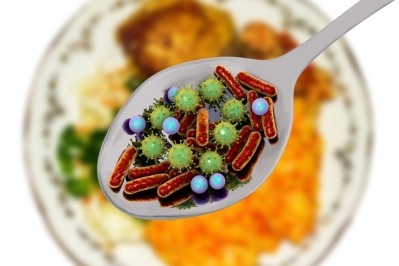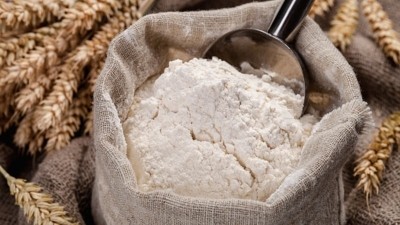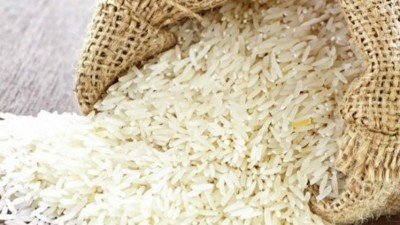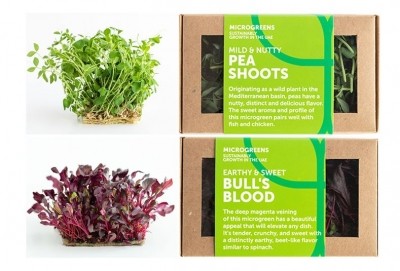‘Misleading advice’: Poisoning risk of disinfecting fresh produce to prevent COVID-19 – industry expert
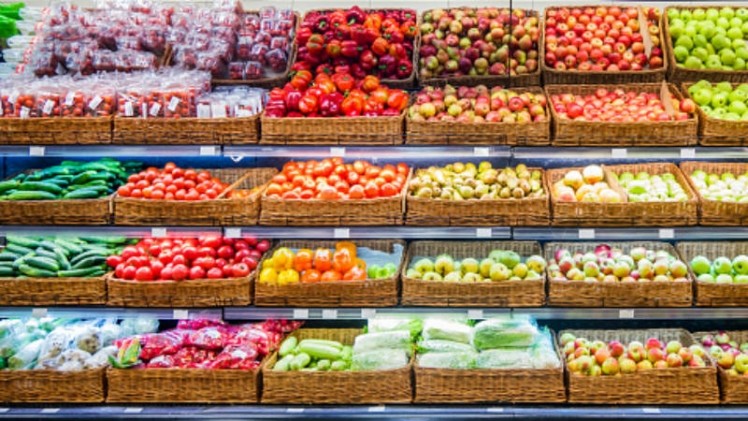
The viral video was produced by American physician Dr Jefrrey VanWingen, who termed it a ‘Public Service Announcement’ and advised the public to pre-soak fresh fruits and vegetables in soapy water, then washing these with soap again for 20 seconds.
His advice was loosely based on a recent New England Journal of Medicine study finding that the SARS-COV2 virus, which causes COVID-19, can survive on different surfaces for prolonged periods of time, up to hours, and that soap can effectively kill it – but experts said that his advice is erroneous as there are numerous other negative side effects this could cause.
“The biggest risk here is people being exposed to other contaminants and getting themselves poisoned,” Produce Marketing Association Australia-New Zealand (PMA A-NZ) Head of Food Safety Deon Mahoney told FoodNavigator-Asia.
“Soap and detergent are meant for cleaning crockery and not formulated for food – directly washing fruits and vegetables with this is making the risk of people getting poisoned via ingestion much higher.
“Using bleach, sanitisers or other disinfectants on fresh produce to disinfect it is equally not advised. Just wash with cold running water before consuming.”
Mahoney added that the virus is actually ‘fairly fragile’ and is unlikely to survive washing or cooking processes.
“Most vegetables are peeled then cooked via boiling, blanching etc. – These processes will remove any contamination even if it exists, whereas washing fruits such as apples before consumption will be good enough too,” he said.
“There is no evidence from any international organisation anywhere, not the World Health Organisation, not the United States FDA, not the EFSA, to say that food is a vehicle for the virus or that it is unsafe.”
Dr VanWingen later downplayed his advice for fruits and vegetables after much lashback, saying to ‘rinse fruits and vegetables with water - no soap’ – but the damage had already been done. As of April 22, the video has garnered almost 26 million views, and mainstream Australian television programme 7:30 Report has also picked it up and broadcasted it to millions more.
“It’s disappointing to see factually incorrect statements continually pushed to consumers in what is already a very stressful time,” said Mahoney.
“The ABC have been contacted to retract the comment made on the program, and PMA has an increased focus to deliver the correct information to consumers during this time.”
What about other groceries
In addition to fresh produce, Dr VanWingen also advised people to keep groceries that had just been purchased in a ‘garage or porch for three days’.
This was based on the NEJM findings that the virus can possibly survive up to three hours as an aerosol, 24 hours on cardboard, and 72 hours on steel and plastic – but again, Mahoney emphasised that this could raise another set of problems.
“Groceries could contain things like milk, eggs, bread and so on – three days in a garage may or may not kill any viruses, but what we don’t want is people leaving this stuff outside and then getting food poisoning from bacteria instead,” he said.
“The NEJM study had its points, but it was conducted in lab conditions and very high virus levels – it doe not reflect real world conditions, and taking [Dr VanWingen’s advice word-for-word] could cause other serious problems instead.”
Again, Dr VanWingen later added a clarification in his YouTube video description that ‘Perishable foods like meat should be brought in the home and refrigerated’– but this was not directly changed in the video, meaning people watching from other sites such as Facebook would not see it.
The correct method
All in all, Mahoney said that the greatest COVID-19 infection risk was still being exposed to other people.
“Just be sensible – practise social distancing, sanitise your hands before entering the store, buy your food, sanitise hands again when leaving the store, pack your things away, wash your hands, and when it comes time to use the fresh produce, wash these in cold running water,” he advised.
“We at PMA still want to encourage people to eat fruits and vegetables at this time to promote physical and mental well-being, as opposed to eating too much processed food, and it’s important to remember that the threat is not food or food packaging, but other people.”
